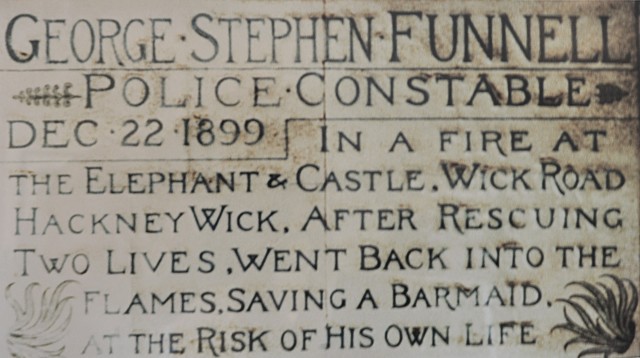Susan Hiller has lived and worked in London since the early 1970s, when she first became known for her innovative practices and group participation works. She often uses unusual methods and mechanisms for creating works, such as automatic writing, e.s.p. and photomat machines, and her pieces are realised in a range of formats from photography and installation to wallpaper, postcards and other denigrated aspects of popular culture.
Hiller cites Minimalism, Fluxus, aspects of Surrealism and her previous study of anthropology as major influences on her work, and she is widely acknowledged to be an important influence on younger British artists. Her serious but unsettling technique of juxtaposing knowledge derived from anthropology, psychoanalysis and other scientific disciplines with materials usually considered to be of no great weight, has a long history in her practice.
The common denominator in all Susan Hiller's works is their starting point in a cultural artefact from our own society. Her work is an excavation of the overlooked, ignored, or rejected aspects of our shared cultural production, using pseudoscience to explore modern sociological concepts.
Susan Hiller's installation at the Tate, Monument, incorporates forty-one photographs of memorial plaques the artist came across in Postman's Park, near St Paul's Cathedral, London. There is one photograph for each year of the artist's life (at the time the work was made). Each plaque commemorates an ordinary man, woman or child who died while performing an act of heroism. It poses questions about the relationships between heroism and death, memory and representation. Hiller spoke on the installation: ‘We could exist forever, inscribed, portrayed, as inscriptions, portraits, representations. I’m representing myself to myself... and for you, to you. This is my voice.’ The photograph in Currell Collection is an artist proof commemorating the police Constable George Stephen Funnell, who saved three lives in fire.
Artists website: www.susanhiller.org
